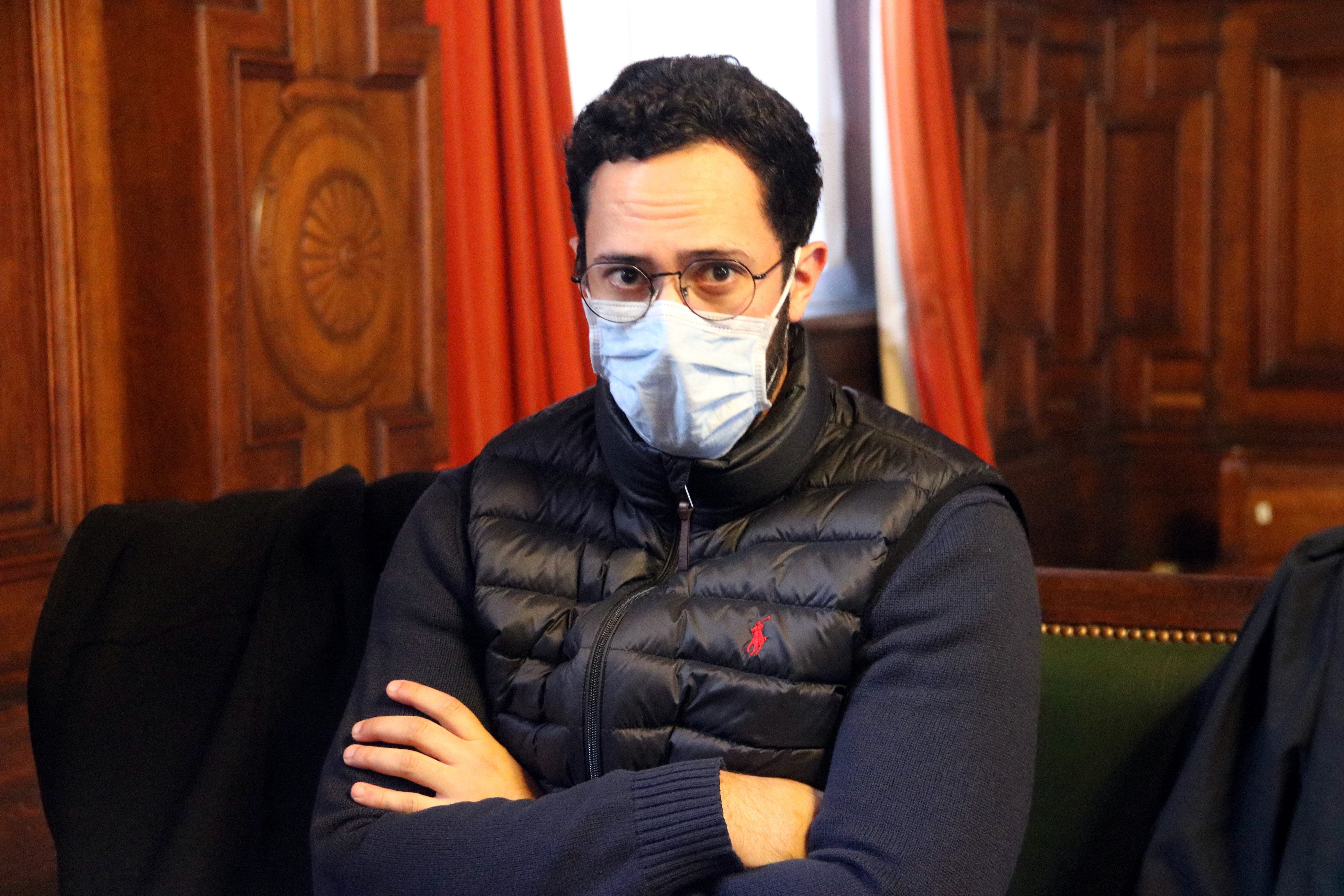Lèse-majesté: the crime of slandering a monarch. Belgium had an ancient law in its Penal Code listing this as an offence, and thanks to the case of the rapper Valtònyc, it was declared unconstitutional in October 2021, and the Mallorcan musician will definitively not be handed over to Spain for that precise crime. This is assumed in yesterday's decision on the Valtònyc case by the Court of Cassation, which completely ruled out his extradition in connection with two other offences. But the point made by the country's highest appeal court in its ruling is that the European Arrest Warrant (EAW) against the artist cannot be dismissed for the third offence - defined in Spain as insults to the crown - without examining whether the actions involved are punishable under other articles of the Belgian Penal Code that regulate the offences of insults against authorities, people in public positions, or the right to the honour of individuals. This is stated in the decision handed down yesterday by the Belgian court, to which ElNacional.cat has had access, and which has ordered a repeat of the extradition hearing against Josep Miquel Arenas, who performs under the name Valtònyc.
The Ghent Court of Appeal had rejected the rapper's extradition on 28th December. Two months earlier, in a headline-making decision, the Constitutional Court had ruled that the Belgian regulations of 1847, punishing insults to the king with up to three years in prison, were unconstitutional because they did not respect freedom of expression. The high court ruled that the law complied with neither the Belgian Constitution or the European Convention on Human Rights. However, the prosecution appealed the decision of the Ghent court and the Court of Cassation ruled yesterday that the hearing will have to be repeated.
The sentence warns that extradition under the EAW "is possible without double criminality being verified" under certain conditions." Double criminality refers to the essence of the crime. It is not necessary that the classification of the action in the two legislations be the same or that the infraction constitutes, under both legislations, a crime with the same constitutive elements", it warns.
Not terrorism, nor insults to the king
The senior Belgian appeal court reiterates that extradition cannot be accepted for glorification of terrorism or humiliation of its victims, which were ruled by Spanish justice to have been contained in the rapper's lyrics, because these actions are not punishable under Belgian law. As for the insults to the king found in Valtònyc's rhymes, it reiterates that the Belgium's Constitutional Court has rejected the principle of protecting the reputation of the monarch above that of anyone else.
However, it adds that although Valtònyc was convicted of insulting and slandering the Spanish crown by the National Audience court in Spain, and that these actions are not punishable by Belgian justice, this motive for extradition cannot be ruled out "without examining whether these facts may be punishable under Articles 275 to 277 and 444, 445 and 449 of the Penal Code”, in reference to its Chapter II, which defines the law relating to insults and violence against ministers, members of the legislative chambers, vested authorities and public forces, and Chapter V, on the right to honour of citizens.

